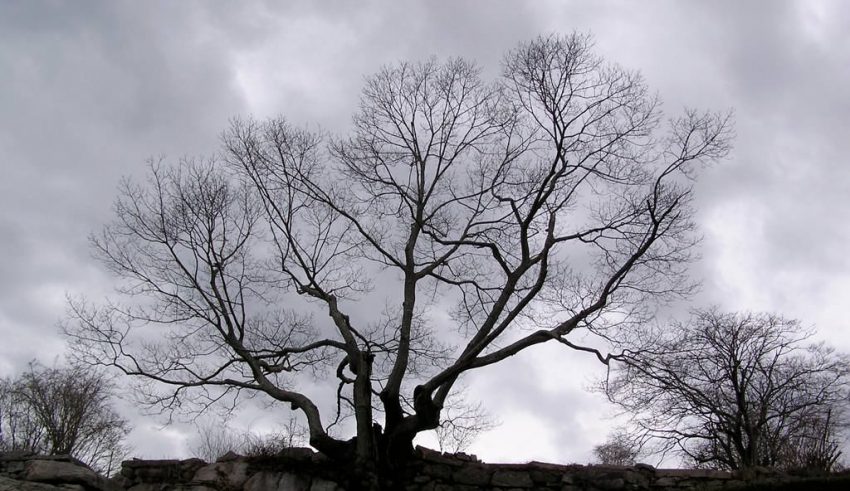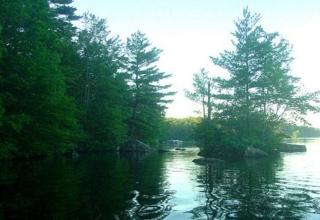
Those who are not involved also may feel vulnerable, and this comes in several different forms. They might knock on the door and not be allowed in, or they may find they are ill-informed about the issues they are being asked to address. Alternatively, they may be invited in and find their life has been taken over by the cause and has become part of the public arena. Obviously, if they are elected to public office their private life is always in some jeopardy. Even if not elected to office, those who are civically engaged are subjected to scrutiny and may feel there is nowhere to hide.
Given the times in which we live, there is no guarantee of civil dialogue in the community. And there is the existential vulnerability that comes with risking hope for community improvement. In fact, some who are not civically involved are thought to feel despair and conclude that nothing can be gained from engaging in what seems to be a hopeless cause. These knowledgeable men and women fully appreciate the enormity of problems that their community now faces, but they ask themselves, “What can I possibly do? Why try something when I know it will fail?” This theme seems particularly prominent among those young leaders who have given up hope about changes being made in sustaining the natural environment.
Download Article















